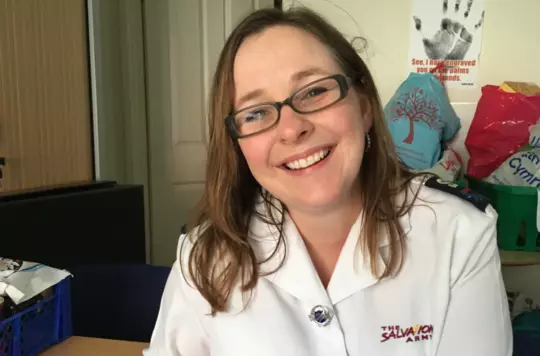3 May 2025
William Booth College: Making training more accessible
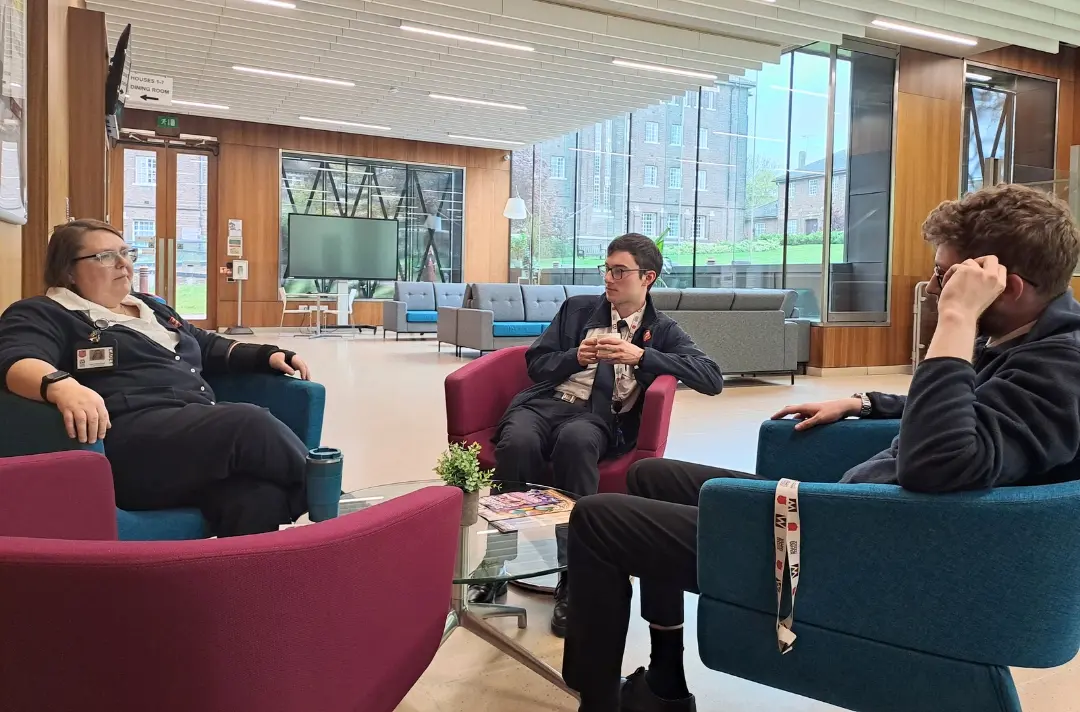
Major Wendy Stanbury (William Booth College) unpicks some common misconceptions about officer training.
What does officer training look like at William Booth College?
It’s important that we resource officers with a good level of biblical literacy and ensure they can pastorally care for people, teach and preach well and have good all-round knowledge. We also have to work within the international Orders and Regulations for training. About 20 years ago, the programme adopted the diploma level course, equivalent to the second year of university. This is taught over two years and is university-accredited.
What’s a common misconception about training?
Assignments have primarily been written essays so, for some people, this becomes a focus. The real focus is the integration of being, knowing and doing. That’s what we want to see in people; we can help with the rest.
Do you think some people find the college daunting?
When someone goes to university, they’ll generally have done A-levels or an access course. But we take such a wide range of people. They could be in their 50s, having not formally studied since they were 16. Their background could be in hairdressing or car mechanics – these have great transferable skills but don’t necessarily prepare you to write a theology essay.
I think that sometimes discourages people. But you don’t have to pass the academic diploma to be commissioned as an officer – that’s always been the case.
How is training changing?
The University of Gloucester can no longer accredit our course. At the same time, we wanted to modify the course, so this has provided us with an opportunity to do so: our new validating partner, York St John University, has enabled us to write the course with a focus on giving credit for the doing of ministry, meaning that it’s more tailored to the vocational nature of officership. This new course will take effect from September.
What will the new training look like in practice?
We’ll have fewer written assignments and more presentations, portfolios and assessed conversations, taking the emphasis off academic written work. There’s also a placement module that will run through the whole first year where cadets work alongside a corps leader.
We have been able to develop the range of assignment types, for example doctrine, which is the subject I teach, students will write and deliver a discipleship talk. It’s equivalent to a written assignment, but what’s being prepared is what every officer would be expected to do.
Written essays are one way of showing how much someone knows, but we’re training Salvation Army officers, so it makes sense that the assessments reflect what they’ll be doing in the future. There’s still a degree of formality – such as referencing and using correct terminology – but the burden of writing is lessened.
What does the college already do to make training accessible?
Whether people are distance learning or residential – living at the college – we want them to feel as embedded into college life as possible. We have communities of practice where people meet together online and in person to reflect and apply what they’ve learnt in class to practical environments and vice versa. These groups have helped people feel they belong and can contribute even if they’re not on site.
We’re also getting better at understanding how people learn in different ways. Our flexible learning pathways mean we can tailor the programme to each person’s needs. That could be a mixture of distance and residential learning or following an unaccredited model. Some people might take a three-year programme. Others might do a one-year programme.
Why is accessible training so important?
It’s important we equip people to the highest standard we can, and the diploma is a good vehicle for delivering this. But actually, some of the best officers I know don’t write the best essays. They’re the people who visit, who care, who can teach, who can disciple, who uphold Kingdom values, who are good role models. None of these qualities can be assessed in an essay.
The diploma enriches and enhances but, if we’re not careful, people can become so focused on knowing that they forget we’re called to be before we’re told to do anything.
Discover more
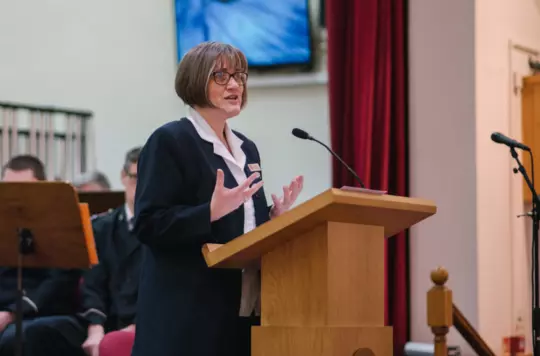
A lifelong commitment to Salvation Army leadership that's taken after deep thought and prayer.
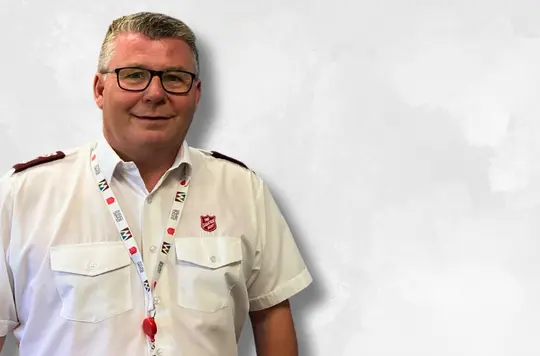
Territorial Candidates Director Major Mark Sawyer chats about Candidates Sunday and fullness of life.
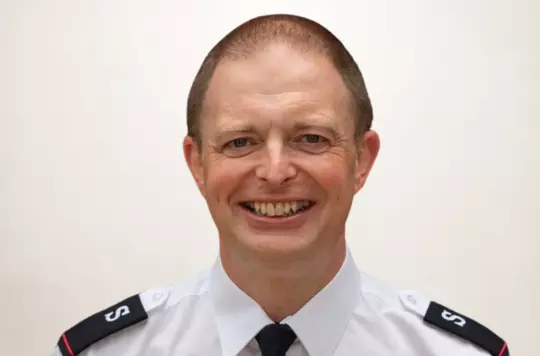
Cadet Paul Sass explains how he became a distance learner cadet while leading Merthyr Tydfil Corps.
